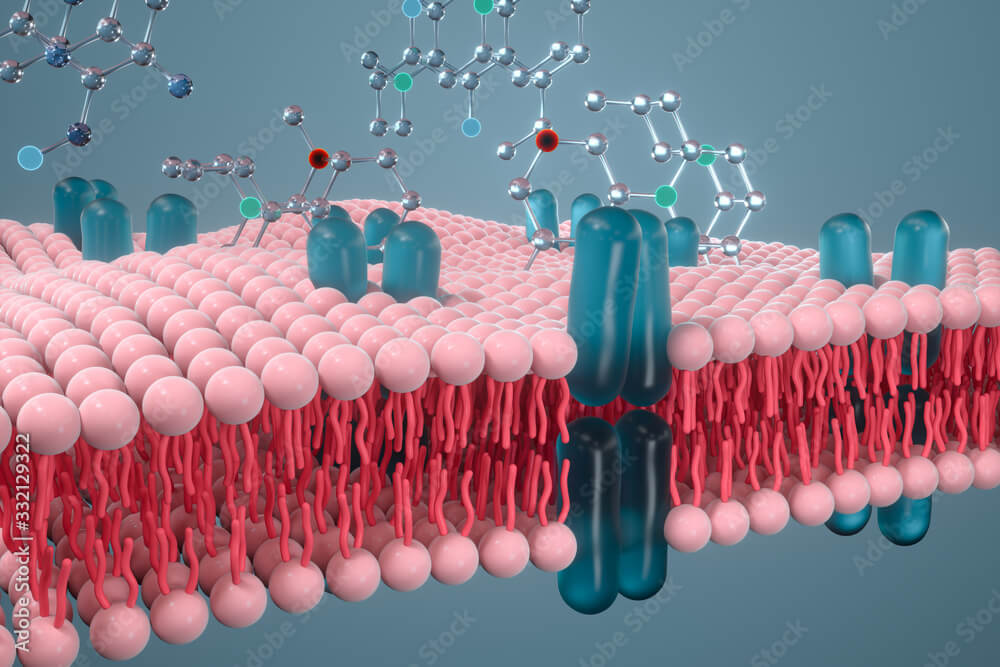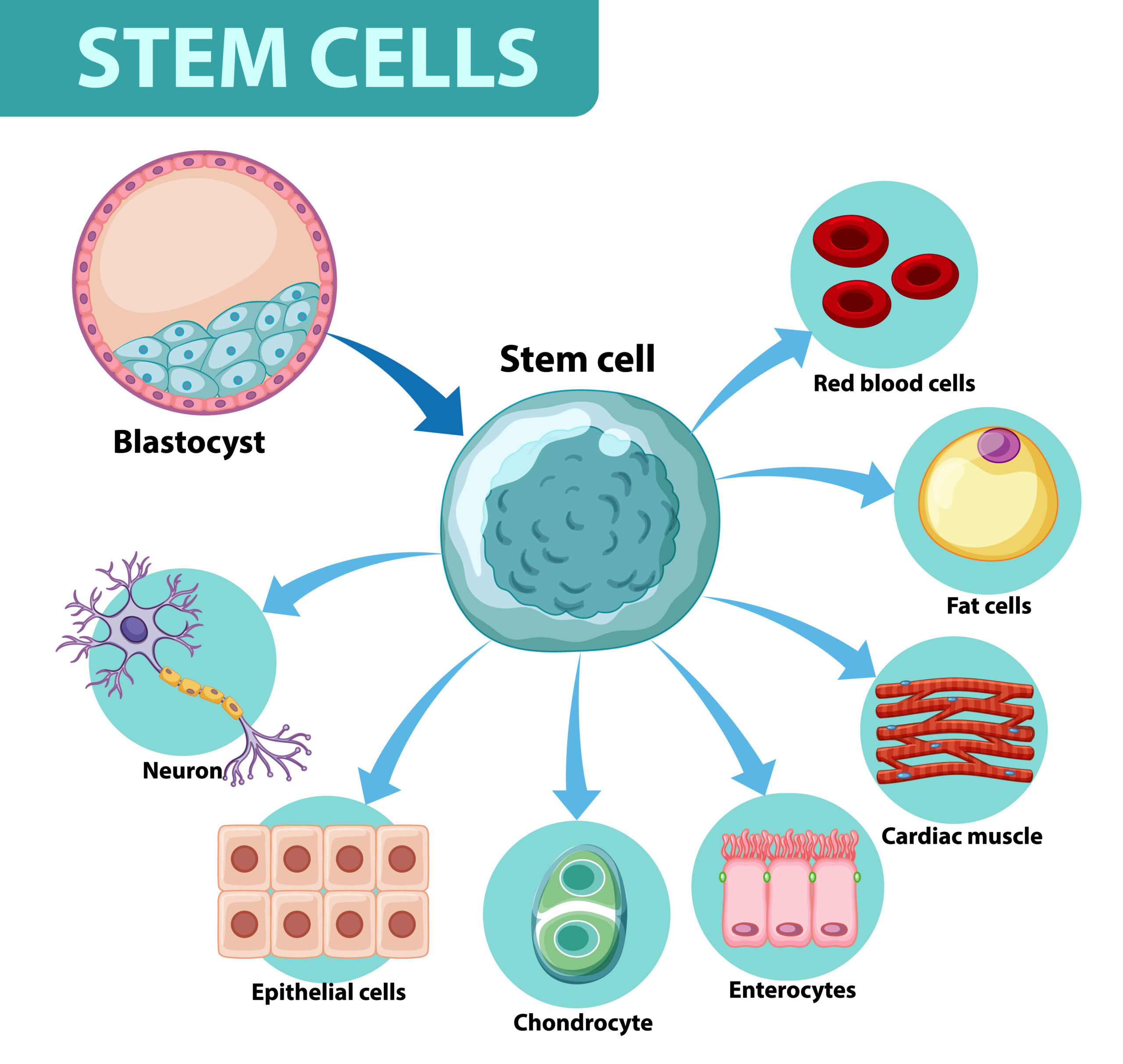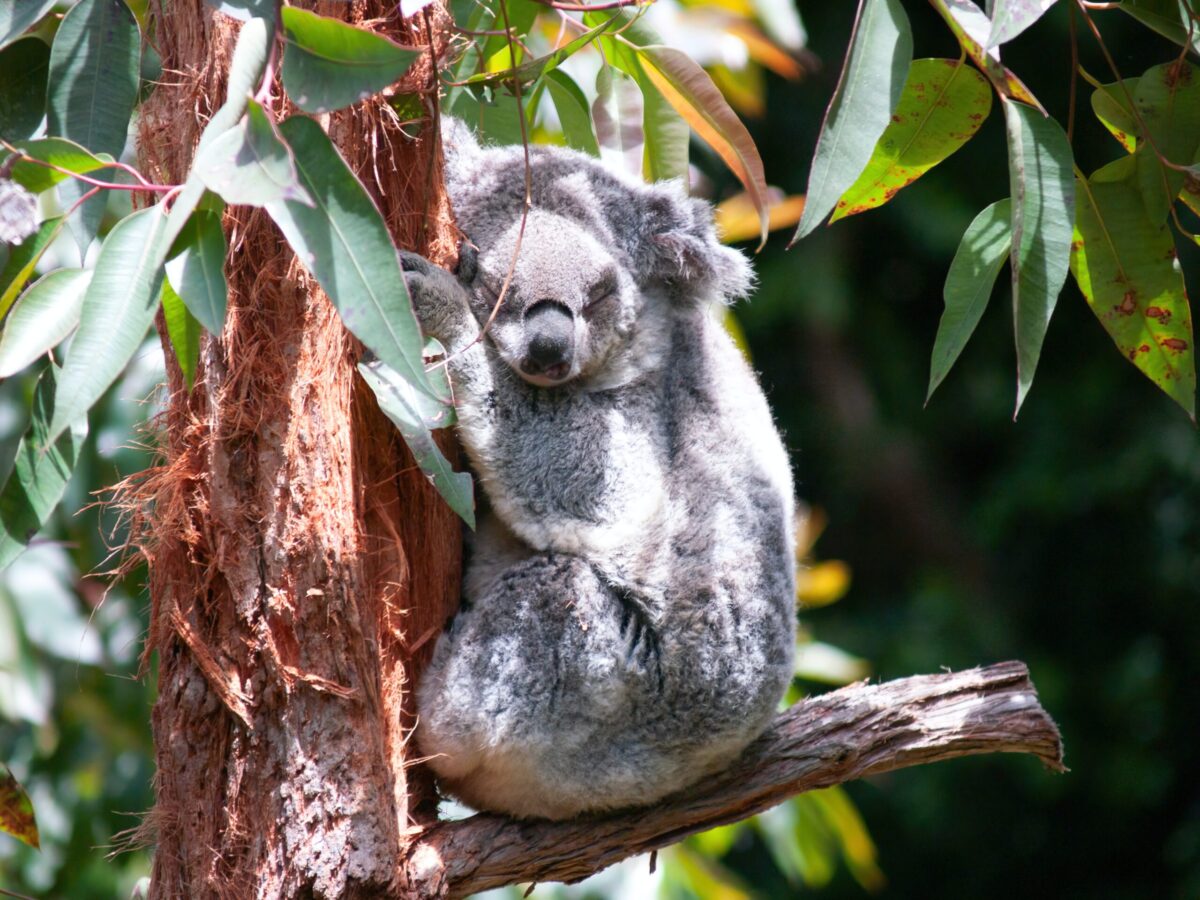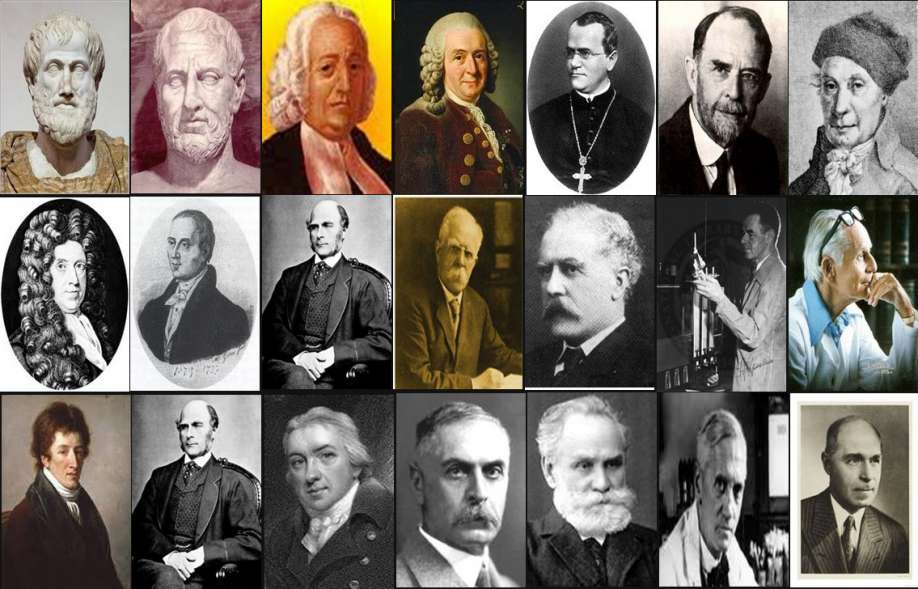Tag: zoology

Did You Know? Octopuses Have Three Hearts & Blue Blood!
Did You Know? Octopuses Have Three Hearts & Blue Blood! 🐙💙 The ocean is full of incredible and mysterious creatures, but few are as fascinating as the octopus. These intelligent, shape-shifting masters of disguise are already mind-blowing, but here’s something even crazier—they have three hearts and blue blood! 🤯🌊 Yes, you read that right! Octopuses…

General Q&A part-6
State two features of the gas exchange surface in humans? The gas exchange surface in humans primarily refers to the respiratory system, where the exchange of oxygen and carbon dioxide takes place. Two essential features of the gas exchange surface in humans are: Large Surface Area: The gas exchange surface in humans, which includes the…

General Q&A part-5
What are the stages involved in PCR, and on what does PCR depend? Polymerase Chain Reaction (PCR) is a widely used molecular biology technique for amplifying specific DNA sequences. PCR involves several stages, and it depends on various components and conditions for successful amplification. Here are the main stages of PCR and what PCR depends…

General Biology MCQs
Here are some biology MCQs. 1. Which organelle is responsible for photosynthesis in plant cells? a) Mitochondria b) Nucleus c) Chloroplasts d) Endoplasmic reticulum Answer: c) Chloroplasts Explanation: Chloroplasts are the organelles responsible for photosynthesis, where plants convert sunlight into chemical energy in the form of glucose. 2. Which of the following is NOT a…

General Q&A part-4
What is oncology? Oncology is the branch of medicine that specializes in the study, diagnosis, treatment, and research of cancer. Cancer is a complex group of diseases characterized by the uncontrolled growth and spread of abnormal cells in the body. Oncologists are medical professionals who are trained to diagnose and treat various types of cancer,…

General Q&A part-2
This page contains general Q&A questions asked by curious people. What is biochemistry? Biochemistry is a branch of science that combines principles from both biology and chemistry to study the chemical processes and substances that occur within living organisms. It focuses on understanding the molecular mechanisms that underlie various biological functions and processes, including metabolism,…

General Q&A part-1
This page contains general Q&A questions asked by curious people. How many types of Air pollution? Air pollution can be categorized into several types based on the sources of pollutants, the nature of the pollutants, and their effects on the environment and human health. The main types of air pollution include: Particulate Matter (PM): Particulate…

Plasma Membrane Structure and Function: Key Role in Cell Homeostasis
The plasma membrane, also known as the cell membrane, is a crucial structure that surrounds all living cells. It separates the internal environment of the cell from the extracellular environment, regulating the flow of substances in and out of the cell. The plasma membrane plays a central role in maintaining cell homeostasis, which is the…

Stem Cells: The Building Blocks of Regeneration
In the intricate tapestry of life, there exists a remarkable group of cells with the potential to reshape our understanding of healing and tissue regeneration. These cells, known as stem cells, have captivated the imagination of scientists and medical researchers for decades due to their unique ability to transform into various cell types and contribute…

Why Earthworms Are a Gardener’s Best Friend
Earthworms are considered a gardener’s best friend for several reasons: Soil aeration: Earthworms burrow through the soil, creating tunnels and air pockets that allow air, water, and nutrients to penetrate the soil more easily. This improves soil aeration, which is important for plant root health. Soil structure: Earthworms also help to improve soil structure by…

Koala Has Human Like Fingerprints!
The discovery that koalas have human-like fingerprints was a surprising revelation that has captured the attention of the scientific community and the general public alike. In this essay, I will explain this discovery in detail, including the methods used by researchers to uncover this fact and the potential implications of this discovery for the field…

Father of Various Branches of Biology
Father of Agronomy Peter – De- Cresenji Father of Agriculture Norman Borlaug Father of Anatomy Andreas Vesalius Father of Botany Theophrastus Father of Biology Aristotle Father of Bacteriology Antonie van LeeuwenhoekRobert Koch / Ferdinand Cohn / LouisPasteur Father of Blood Groups Karl Landsteiner Father of Blood Circulation William Harvey Father of Cytology Robert Hooke Father…








